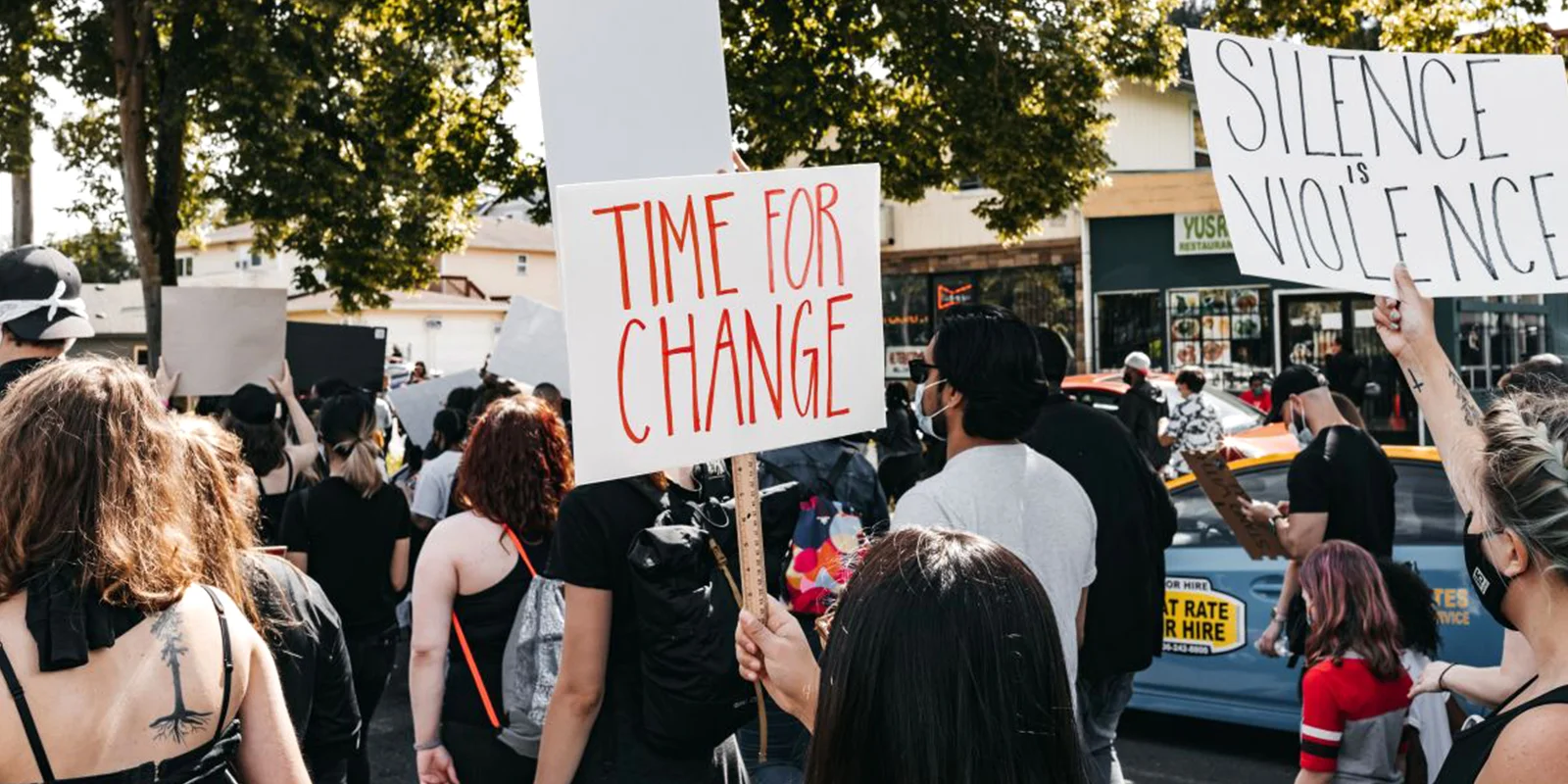
What Do We Know About Gen Z?
The US House of Representatives is getting younger, and a new generation has just made its way into Congress. With the election of the first representative from Generation Z, Maxwell Frost of Florida, many are asking: What do we know about Gen Z?
Members of Gen Z, defined by Pew as anyone born after 1996, are the most racially and ethnically diverse generation yet. They are also on track to be the most well-educated generation in US history.
We also know young voters showed up in record numbers in the 2022 midterm elections, with the second-highest voter turnout in the past three decades; however, we still know very little about Gen Z’s views on many issues. But here’s what we do know about how Gen Z is engaging with politics and the media.
-
Gen Z is pretty engaged — and engaging differently than previous generations.
Gen Z voters are changing it up when it comes to how they engage with politics. For one, Gen Z discusses politics less with friends and family than older generations do.
We might assume that instead of talking with friends and family, the social media-savvy Gen Z’ers would be politically active on social media, but that doesn’t seem to be the case. Only a third of Gen Z voters post about politics, the election, or similar issues on social media, slightly less than millennial voters.
But don’t mistake not being vocal for being unengaged. Nearly half of Gen Z voters reported attending a political rally or protest or a political event hosted by a political candidate or volunteered for a candidate or for an advocacy organization — more than double the rate of previous generations. This indicates that Gen Z is, in fact, engaged in politics and getting involved by giving their time to the causes and political issues they care about.
-
Gen Z is the generation most distrusting of institutions.
While Gen Z adults are definitely showing up politically, they have low levels of trust in government. In fact, Gen Z is the least trusting generation of every government institution, with only 29% of them trusting Congress and 32% trusting the electoral process and the Supreme Court. And it is not only government institutions that Gen Z doesn’t trust. Gen Z is much more likely than other generations to be skeptical of the US military and less likely to believe it has had a positive effect on the country. They are also less trusting of the media, especially when it comes to coverage of immigrants and Americans of color. Trust in social media is also low, and concern about misinformation on social media is high.
-
News consumption among Gen Z is high.
Although their trust in social media is low, Gen Z uses social media as their primary news source. 68% of Gen Z adults turn to social media for news at least once weekly, and 76% say they at least sometimes consume news from social media. Still, Gen Z does consume traditional media — some of the time. 62% of young adults reported getting news at least sometimes from digital news websites and apps and 44% from television.
But social media usage is high, especially on the increasingly popular platform TikTok, with 26% of young adults aged 18-29 (which includes the youngest of Millennials as well as Gen Z adults) now regularly getting news from the platform, up from 18% in 2021. In fact, Gen Z adults are now more likely to use TikTok to start researching a major news event than they are to useYouTube, Twitter, or news outlet websites . 14% of Gen Z adults use TikTok in this manner, compared to only 2% of all US adults.
When creating new media, it’s vital to consider your audience. At 10% of the current US adult population, Gen Z is a big — and growing — part of that audience. There is still much we don’t know about Generation Z, and it’s important not to overinterpret or overgeneralize poll results. Still, the polls do suggest that on average, younger Americans likely engage quite differently with politics and media than older generations — a tendency that has important implications for media and communications strategy.
If you have questions about polling, or want to sign up for our Monday Flash Findings polling newsletter, reach out to us at analysis@rethinkmedia.org.



